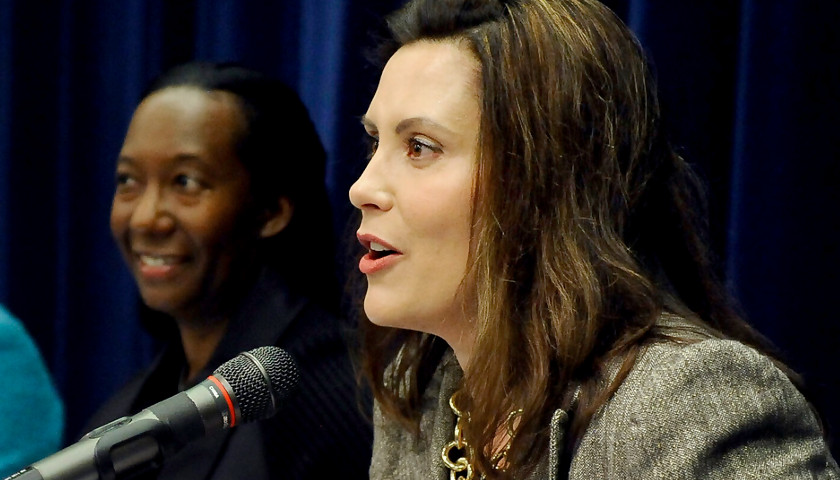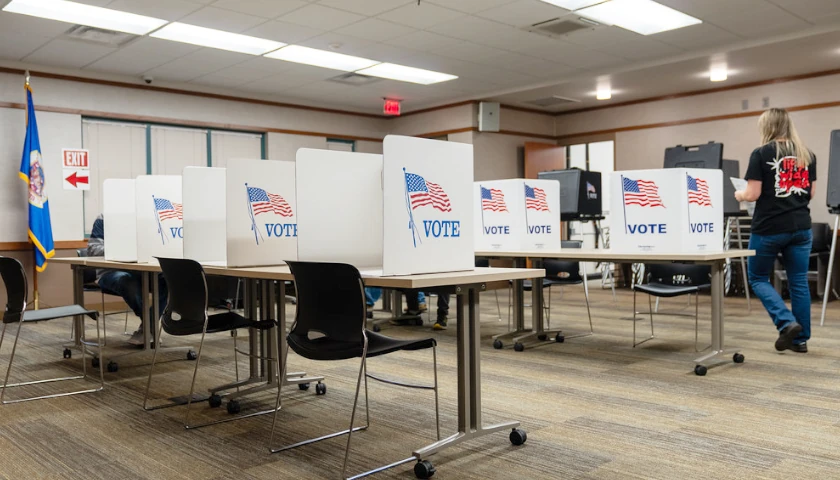by Scott McClallen
An Auditor General’s recently released report answered questions about a canceled no-bid contact-tracing contract tied to a Democratic political consultant, but the person “primarily in charge of contact tracing” refused to cooperate.
Contact tracing is a method of gathering information to discover who might have been infected with COVID-19 by following an infected person’s interactions.
For example, one event at an Ingham County bar resulted in 187 COVID-19 infections across the state.
State Rep. Ann Bollin (R-Brighton Township) asked the Auditor General’s office to look into 20 questions regarding the $194,000 contract the state canceled the day after the agreement was announced between Great Lakes Community Engagement (GLCE) and the Michigan Department of Health and Human Services (MDHHS) in April. GLCE is run by Democratic consultant Michael Kolehouse.
GLCE uses software designed by NGP Van, which describes itself as “the leading technology provider to Democratic and progressive campaigns.”
Democratic Gov. Gretchen Whitmer canceled the contract after the media exposed the deal.
After reviewing emails and interviewing state employees, the Auditor General answered questions about the contract.
The report noted that Kolehouse, unsolicited, sent MDHHS an offer for its services, and then the agency vetted them.
“We do not consider it typical for a vendor to develop the scope of work,” the report said.
The report said MDHHS owned the data collected under the contract.
The contract didn’t go through the State Operations Center approval process because MDHHS said it wasn’t aware of that requirement.
The bidding process wasn’t competitive.
“K2K Consulting, LLC was the only firm considered,” the report said. Both K2K Consulting and GLCE are operated by Kolehouse.
“The MDHHS Director of the Bureau of Grants & Purchasing stated that normally employees would need to follow the procurement process and solicit bids; however, since Michigan was under a State of Emergency, there was an exemption from soliciting bids.”
Health officials say they chose that company because it could encompass the entire contract tracing process.
Some questions still linger.
Andrea Taverna, an MDHHS Senior Advisor on Opioid Strategy, refused to cooperate with the probe.
Many interviewees referred investigators to Taverna, including about who requested an outside consultant conduct contact tracing.
The report said Taverna referred investigators to her attorney, who responded: “At this time, Ms. Taverna continues to decline the opportunity to discuss these issues.”
Bollin said the Auditor General will continue investigating additional questions.
“I’m grateful to the Auditor General for investigating this issue and finding answers to my questions,” Bollin said in a statement.
“The information the Auditor General’s Office has uncovered sheds important light on the decisions that were made by Gov. Whitmer’s administration. It also generated additional questions, which their office has agreed to continue investigating.”
– – –
Scott McClallen is a staff writer covering Michigan and Minnesota for The Center Square. A graduate of Hillsdale College, his work has appeared on Forbes.com and FEE.org.
Photo “Governor Gretchen Whitmer” by the Gerald R. Ford School of Public Policy, University of Michigan CC4.0.





